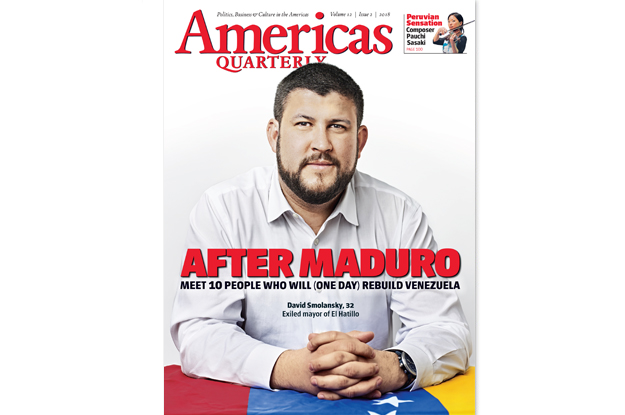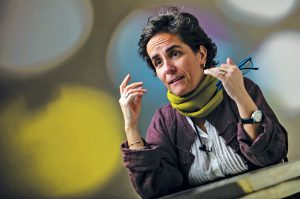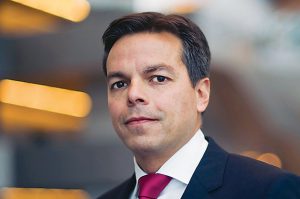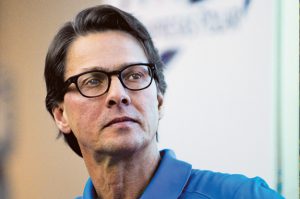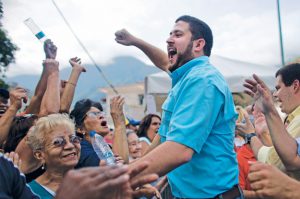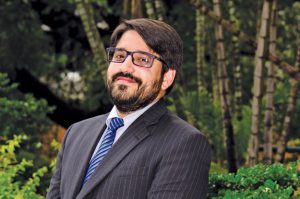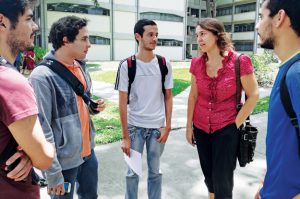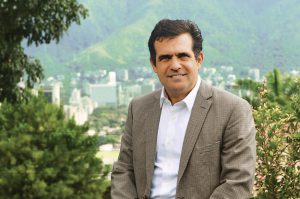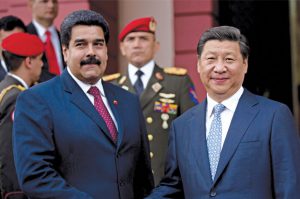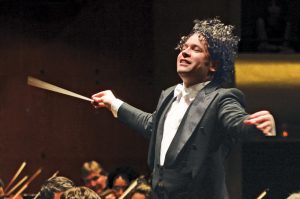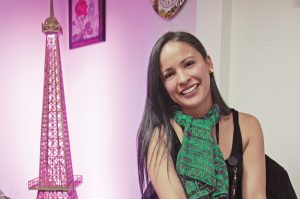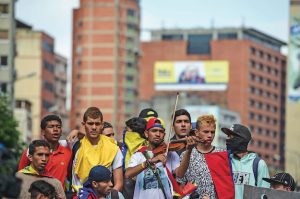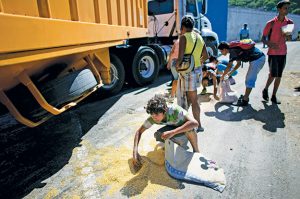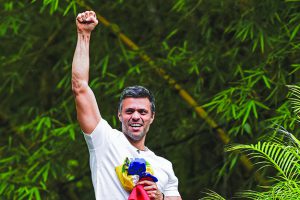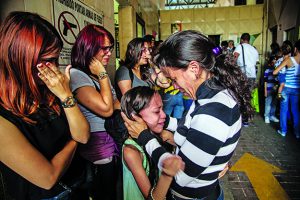This article is adapted from AQ’s print issue on Venezuela after Maduro | Leer en español
No one knows when or how Venezuela’s dictatorship will fall.
As this issue went to press, the country was preparing for a May 20 election that hardly anyone expected would be free or fair. With most opposition candidates effectively banned, no credible international election monitors and almost all independent media silenced, nearly half of Venezuelans were telling pollsters they didn’t plan to vote at all.
The hemisphere’s other dictatorship, Cuba, shows how oppressive leaders can hang on for decades longer than anyone expected. Nicolás Maduro’s regime has shown a willingness to jail or even kill its opponents.
Nevertheless, it is unclear whether any government can withstand hunger, hyperinflation and violence of the sort currently seen in Venezuela. The end could come in 20 years; it could also come tomorrow.
As a result, this much is clear:
Now is the time for Venezuela, and the world, to be planning for what comes next.
Putting the country back together will require an audacious, carefully calibrated domestic and international effort. Twenty years of chavismo have destroyed the economy and what was once one of Latin America’s most vibrant democracies. The healthcare, education and judicial systems are also in tatters. Venezuela will need a diverse set of people with leadership skills and — just as important — a realistic view of what is possible.
On that front, there’s good news. This issue of AQ profiles 10 people who we believe will be key to rebuilding Venezuela. They include an expert in humanitarian aid, a famous musician and a small business owner. Taken together, they are testimony to the extraordinary human capital at Venezuela’s disposal when the right circumstances finally arise. Their experiences, ideas and proposals provide a rich roadmap to recovery.
We intentionally reached beyond some of the usual suspects to focus on a new generation. Like most people in a country with a median age of just 27, they have lived most of their adult lives under chavismo.
They fully understand its horrors, but they also realize a majority of Venezuelan society once supported its goals. What comes next cannot be based solely on pro-business economists’ ideal models, or a doomed attempt to restore the Venezuela of the 1990s.
Our list includes one foreign leader — Xi Jinping of China, with a compelling explanation of why. Yet the reality is that fixing Venezuela will require a huge swathe of the international community including the rest of Latin America, the United States and multilateral institutions, armed with tens of billions of dollars, sober planning and an ability to move quickly.
It would be great, of course, if Venezuela’s current government would consider some of these proposals to alleviate its people’s suffering. But sadly, all evidence suggests recovery will have to wait until after Maduro. Whenever that day may come.
Brian Winter
Editor-in-Chief, Americas Quarterly



